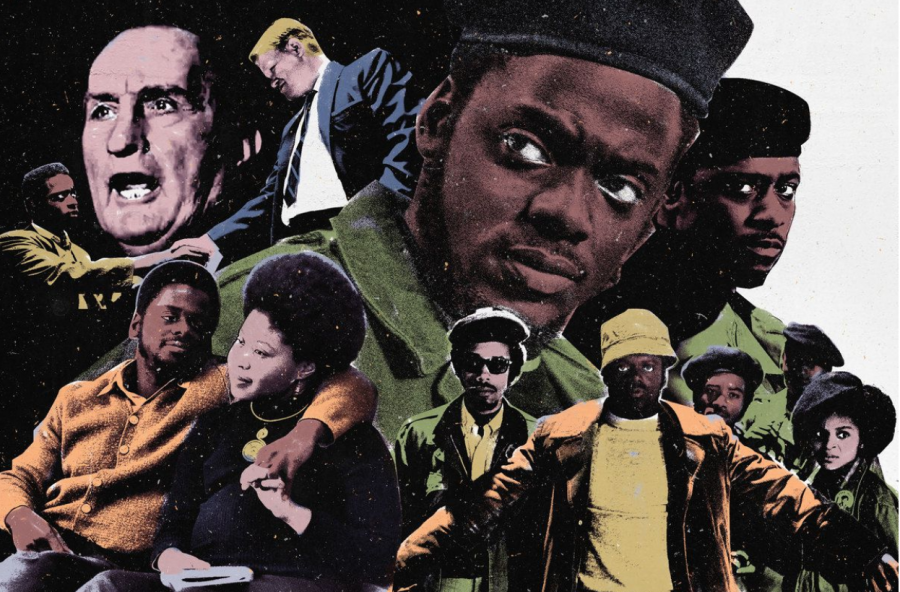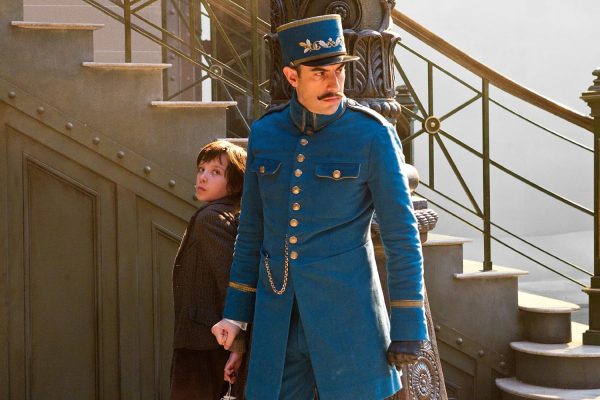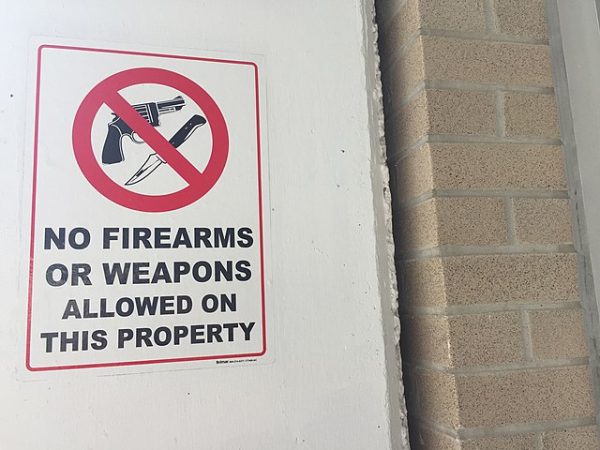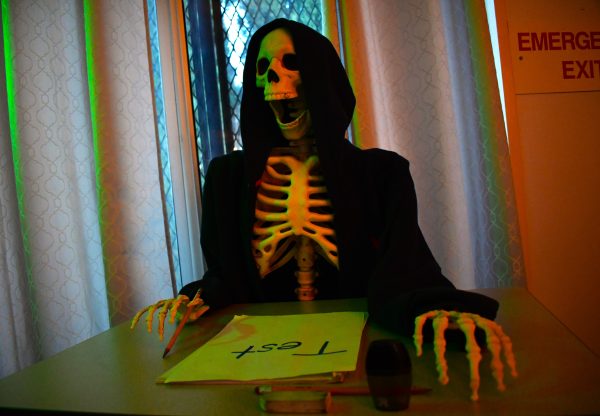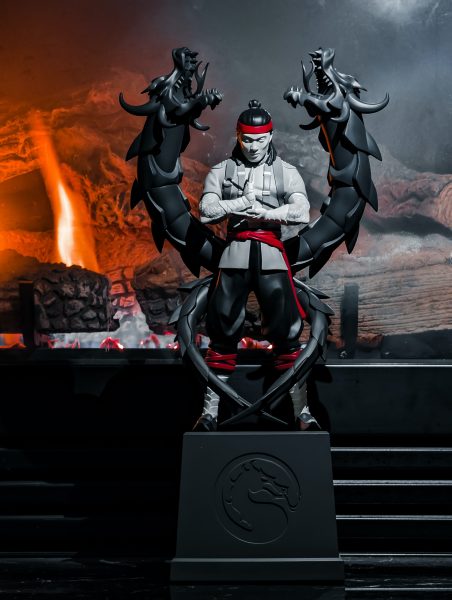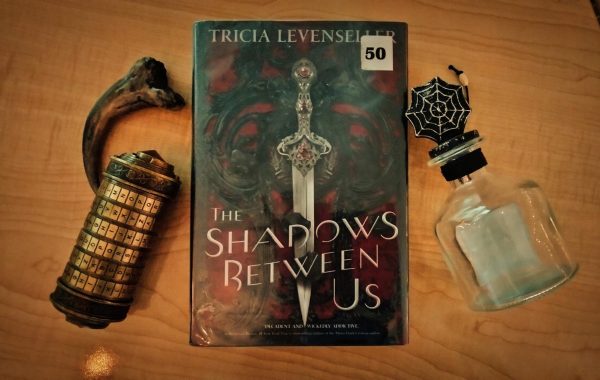‘Judas and the Black Messiah’ Review: Institution vs. Equality
Judas and the Black Messiah
Director Shaka King’s heart-wrenching historical drama ‘Judas and the Black Messiah’ could not have emerged at a better time, as its relevance in today’s social climate is frightening.
King tells the story of the murder of Fred Hampton, Chairman of the Illinois Chapter of the Black Panther Party in the 1960s, through the eyes of William O’Neal, an undercover FBI informant who infiltrated the Party. The film explicitly illustrates the unjust aggression the FBI and police force exerted towards the Panthers and other anti-capitalist social groups, as they were regarded as national threats by the bigoted and corrupt FBI Director, J. Edgar Hoover. In a classic tale of systematic betrayal, King and the cast of ‘Judas and the Black Messiah’ brilliantly and accurately portray the grueling fight between Black civilians in the 1960s desperately demanding equal treatment and corrupt government institutions actively oppressing them, which seems all too familiar in 2021.
Daniel Kaluuya, playing Fred Hampton, perfectly executed Hampton’s confidence, valor, and charisma. He painted Hampton as the caring, hard working, and dedicated leader he was. The film’s portrayal of Hampton may come as a surprise to those viewers who have negative assumptions about the Black Panthers. Although the party exercised their right to carry guns for protection, which contradicted the principles of Dr. Martin Luther King’s non-violence, the film pushes the more true narrative that the Black Panthers mainly focused on humanitarian efforts. Hampton, at age 21, is seen actively promoting his Free Breakfast for Kids program that fed hungry inner city children, as well as founding the Rainbow Coalition of neighboring anti-capitalist regimes, a diverse group dedicated to fighting for the underrepresented.
LaKeith Stanfield’s character, William O’Neal, helped to emphasize Hampton’s great leadership qualities and selfless acts for the community. We watch O’Neal’s growing appreciation for Hampton’s leadership and wholeheartedness, which brings him great distress over the deceptive position he put himself in. Stanfield’s magnificent performance captured the mental affliction O’Neal endured, which ultimately prompted his suicide.
Dominique Fishback’s character, Deborah Johnson, served a pivotal role in highlighting Hampton’s loving heart. His love for her and their child is illuminated through their collaborative efforts to forge a better future for their family and the black community alike. Specifically in the murder scene at Hampton’s apartment (which is discussed later), Fishback’s facial expressions evoked a powerful sense of pain that would fill any viewer’s heart with uneasiness.
Martin Sheen’s portrayal of J. Edgar Hoover was painfully accurate in the fact that Hoover set out to destroy black empowerment and protest against racism, and did so in horrifyingly evil ways. By using O’Neal as a pawn, FBI agent Roy Mitchell, played by Jesse Plemons, was able to gather inside information for Hoover about Hampton’s plans. Hoover used this information to antagonize Hampton and the party with multiple acts of impunity such as arresting Hampton for allegedly stealing $70 dollars worth of ice cream, and burning down the chapter’s headquarters. These acts were followed by Hoover’s decision to murder Fred Hampton.
The cinematography and acting brilliantly collaborate to depict one of the most abhorrent, disheartening, and agonizing scenes: the police raid on Fred Hampton’s home where 100 bullets were shot into a room full of sleeping people. Once all the survivors emptied the room into police custody, an officer shot a sleeping Hampton, still subdued by sleeping medication O’Neal put in his drink. The scene where Hampton is shot, his girlfriend Deborah Johnson’s numb, bereaved expression is focused in the camera lens, while the officer is seen through an open door behind her nonchalantly taking her baby’s father’s life.
This scene triggered extreme distress and anguish, and evokes a stinging similarity to Breonna Taylor’s murder, where she and her boyfriend woke up to a trigger-happy police raid. This stark feeling of familiarity, not just during this scene but throughout the film, illuminated the continued efforts of protests against police brutality. Through meticulously telling the story of the Black Panther’s efforts under Chairman Fred and Hampton’s ultimate death, ‘Judas and the Black Messiah’ not only reveals the explicit truth of the actions of a white supremacist government in the 1960s, but also reminds us that the fight for social justice marches on.


